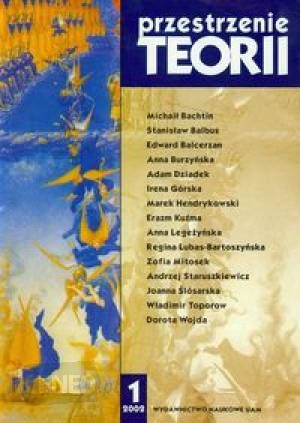Ikoniczność i ucieczka od referencji (na przykładzie filmów Zbigniewa Rybczyńskiego)
Iconic and escape from references (on the example of Zbigniew Rybczyński's films)
Author(s): Seweryna WysłouchSubject(s): Semiotics / Semiology, Semantics, Film / Cinema / Cinematography, Theory of Literature
Published by: Uniwersytet im. Adama Mickiewicza w Poznaniu
Keywords: Zbigniew Rybczyński; film; concept of reference; reality; iconicity; symbols;
Summary/Abstract: The concept of reference comprises three different ways of expressing reality: simulation, representation and transformation, and it is just from this point of view that I analyse Rybczyński's films from the years 1976-1990. Rybczyński was always against registration of reality and wants to present on the screen "mental pictures", i.e. that which exists in our thoughts, fantasies and dreams. He submits reality to grotesque deformation (Święto [Holiday], 1976), destroys iconicity of the text through playful metaphor (Lokomotywa (Locomotive) based on J. Tuwim's poem, 1976), creates on the screen surreal situations (Tango, 1980) and shows transformation of people and things (The Fourth Dimension, 1998). However, "mental pictures" also contain conventional cultural symbols, which are distinctly shown in Orchestra (1990). Therefore, lifting references leads into the world of signs and signs refer to the social experience, history and European culture. Through signs we reverse to the representation of reality.
Journal: Przestrzenie Teorii
- Issue Year: 2009
- Issue No: 11
- Page Range: 9-23
- Page Count: 15
- Language: Polish

